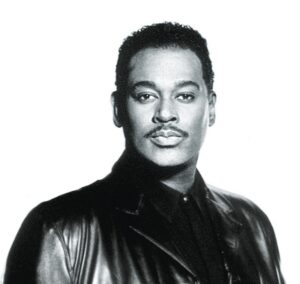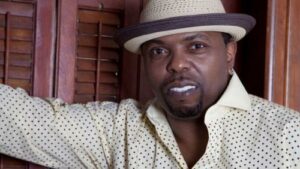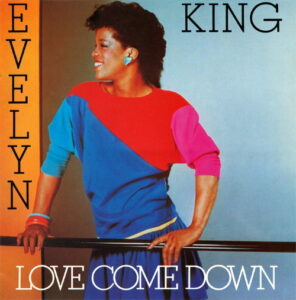
Click on CD cover above to listen to or purchase at Amazon
More on this album
Whitaker, the music director, reaches out to each musician to solicit their contributions to the year’s repertoire. Of the half-dozen tunes on this year’s release, all but one were written by members of the SuperBand. The exception is Herbie Hancock’s “Riot,” which kicks off the album in combustible fashion with fiery solos from Wolf, Perri, Diehl, Whitaker, and Allen.
Wolf’s soulful, plaintive “The Struggle” follows, with the composer, both of whose impressive albums were Mack Avenue releases, building a solo of great craft and intensity. He wrote the tune with Whalum in mind, and this performance shows off the saxophonist’s deeply felt blues roots. “Being able to share Mack Avenue with these artists is truly wonderful,” Wolf says. “There’s just so much history on the label it’s hard to beat or compete. Playing with my label mates is a lot of fun. Everyone is a band leader in their own right, it’s not often that we get to play together.”
The music director, who has two co-led albums with Carl Allen on the label along with his own 2014 release When We Find Ourselves Alone, contributes “A Mother’s Cry,” the theme song from his score to the PBS documentary “Malawi & Malaria: Fighting to Save the Children.” Despite the darkness of the theme, the song retains a hopeful melodicism and is highlighted by Whitaker’s meditative solo bass intro and a solo that passes among most of the band members, with a keening sense provided by Fuller on soprano and Whalum on flute.
Opening with a tour de force piano intro, Diehl’s “Santa Maria” is a showstopper that reveals traces of the composer’s jazz, swing, blues, and classical influences all in one package. The pianist recently released Space, Time, Continuum, his sophomore Mack Avenue album. He calls the yearly get-together with the SuperBand “an incredible experience because we typically have our own separate projects. Mack Avenue has an exemplary roster with a variety of artistic approaches. I’m just honored to be a part of it all.”
Perri and the Hot Club of Detroit have released four albums of Djangology on the label, and “For Stephane” is prime evidence of his ability to take his gypsy jazz influences and transform them into his own distinctive take on modern jazz. The tune’s shifting time signature spurs intricate playing from Wolf and Perri.
The set draws to a close with Kirk Whalum’s “Bipolar Blues Blues,” which may come as a surprise to those who know the saxophonist only in his smooth jazz guise. Whalum’s Mack Avenue discography includes homages to soul icons Babyface and Donny Hathaway, the collaboration of John Coltrane and Johnny Hartman, and the conjunction of gospel and jazz. Here, his tenor duels with Fuller’s soprano on a down-home blues that feels right at home on the streets of Detroit.
By the time this set draws to a close, listeners at home may feel transported to the city, or at the very least feel some of the excitement that the Hart Plaza crowds were swept up in last August.











